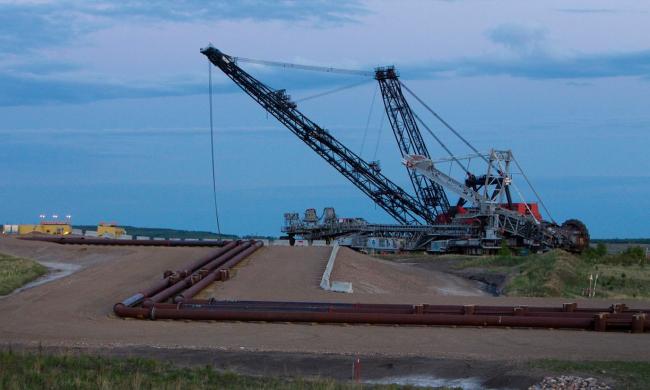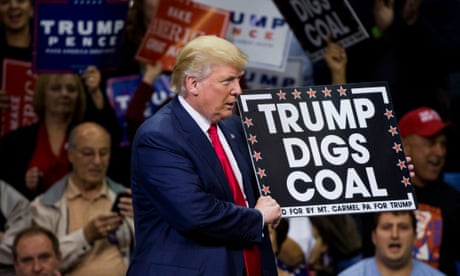Articles Menu

Tuesday 15 November 2016
Government subsidy to gas and oil companies undermine Trudeau’s plan to put national price on carbon dioxide by 2018, environmental report warned
The prime minister, Justin Trudeau, has vowed to place a national price on carbon dioxide emissions by 2018. Last week, Trudeau said he would not be deterred by the election as US president of Donald Trump, who has called climate change a “hoax”, and would forge ahead with the plan to “show leadership that quite frankly the entire world is looking for”.
But a study by four major Canadian environmental groups has shown that carbon pricing risks being undermined by billions of dollars in subsidies to fossil fuel interests, from both federal and provincial governments.

The $3.3bn annual subsidy, made up of extraction incentives and research and development, amounts to paying polluters $19 for each tonne of carbon dioxide they emit, according to the green groups. This would conflict, they say, with the planned carbon price, which will ramp up to $50 a tonne by 2022.
“This system is like taxing consumers when they buy cigarettes while giving massive tax breaks to tobacco companies that encourage them to produce more cigarettes. It doesn’t make sense,” said Alex Doukas of Oil Change International.
Dale Marshall of Environmental Defense added: “Unless Canada phases out massive subsidies to oil and gas companies, Trudeau’s carbon price will do little to encourage polluters to cut carbon emissions. The $3bn in annual subsidies could be put to much better use by investing in climate action, healthcare or other initiatives.”
G20 countries, including Canada, agreed to phase out fossil fuel subsidies in 2009. However, the burning of oil, gas and coal is still supported across the world by subsidies amounting to $5.3tn a year, equivalent to $10m a minute every day, according to the International Monetary Fund.
This huge sum, greater than the total health spending of all the world’s governments, comprises direct subsidies and financial support as well as the externalized cost that people pay for fossil fuels in terms of air pollution and extreme weather driven by climate change.
Trudeau has emerged as a vocal proponent of action on climate change and found significant common ground on the issue with Barack Obama. He has said that Canada’s efforts to stave off the worst effects of climate change “will not cease”.
However, he has been attacked by environmentalists for not raising Canada’s emissions reduction goal and for approving a controversial $27bn liquified natural gas project in British Columbia. The opposition Conservatives, meanwhile, have called a national carbon price plan “complete insanity” and a “sledgehammer” to the Canadian economy.
[Top photo: Pipeline leading to the Syncrude Canada Ltd upgrader plant sits at the company’s mine near Fort McMurray in Canada. Photograph: Bloomberg/Bloomberg via Getty Images]